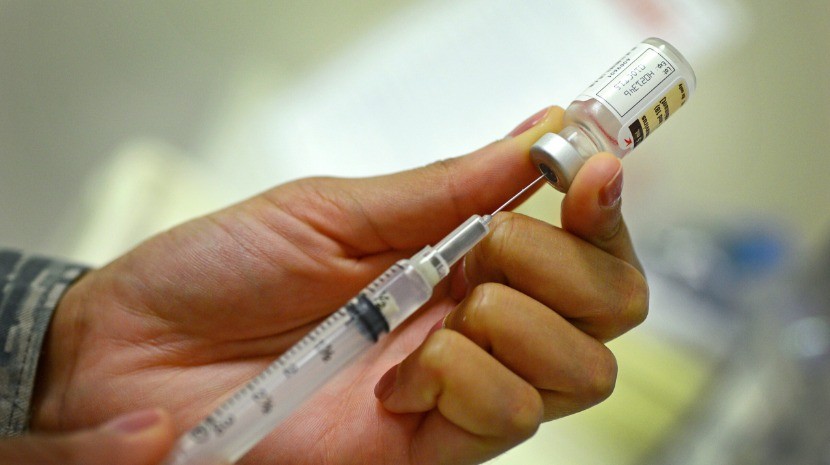Slightly on the defensive this morning at the Madeiran Parliament, the Vice President of the Regional Government, Pedro Calado announced that Madeira has already administered 215,000 doses of vaccines, and that not a single dose has been wasted!
Posts tagged as “vaccination”
Those individuals who are not registered with the Portuguese National Health Service (SNS) and want to be included in the new Covid-19 vaccination scheme must register their interest. The registration must be via the government website and further information can be found at https://covid19.min-saude.pt/vacinacao/ which explains all the proposed vaccination phases.
So with numbers of Covid cases increasing daily, mostly due to the Christmas and New Year rule relaxations, it is now thought that the most optimistic deadline for when Madeira's population will be vaccinated against the virus is the end of 2022. But this could be very optimistic, as the second vaccine package will only arrive in February.
The Regional Government has approved a resolution that sits safely within the current exceptional measures aimed at containing the pandemic in order to safeguard the public health of the population, and with a view to not spreading the virus.
The first five people to be vaccinated were Adérito Delgado (ambulance crew), Ana Patricia da Silva, (operational assistant) João Caires (nurse), Pedro Balza (doctor) and Ludovina Teixeira (technician).
Pedro Ramos, the Regional Secretary for Health, has confirmed that Portugal will receive a total of 22 million doses, 400,000 of which, will be delivered in stages to the Autonomous Region of Madeira.
On the 23rd of December at 12:00, the Regional Secretary of Health and Civil Protection, Pedro Ramos, will present Madeira's Covid-19 Vaccination Plan.
The Portuguese Prime Minister, António Costa, will present his Covid-19 national vaccination plan on Thursday the 3rd of December.
The Moderna biotechnology company today announced that provisional data from their latest trials indicate that their Covid-19 vaccine is 94.5% effective in reducing the risk of contracting the disease.



